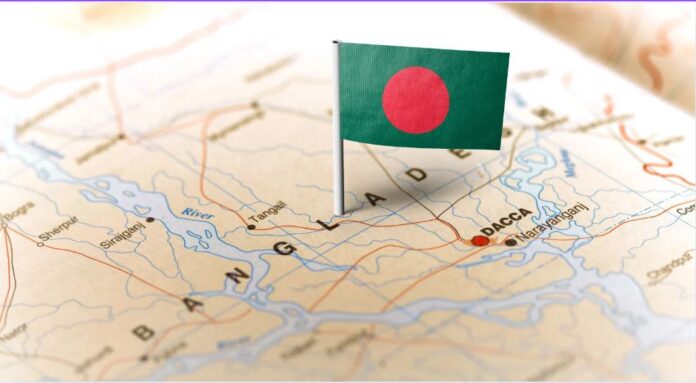Bangladesh’s interim government directed authorities on Thursday to install solar panels on the roofs of government buildings, including schools, colleges, and hospitals, in a push to generate clean energy and curb reliance on costly fuel imports.
Bangladesh is currently governed by an interim administration, led by Nobel laureate Muhammad Yunus, which took charge after Prime Minister Sheikh Hasina quit and fled the country in August amid widespread protests.
The interim government has struggled to stabilise the power sector due to growing demand and financial constraints.
Yunus’ directive came during a meeting of the ‘National Rooftop Solar Program’, held against the backdrop of a worsening energy crisis driven by volatile global fuel prices.
Officials at the meeting cited a 2024 report by the International Renewable Energy Agency, which showed Bangladesh lagging far behind its regional peers in solar energy adoption.
While solar power accounts for 24% of electricity in India, 17.16% in Pakistan, and 39.7% in Sri Lanka, Bangladesh generates only 5.6% of its electricity from solar sources, according to the report.
To bridge this gap, the government has already floated tenders for 55 land-based solar power plants with a combined capacity of 5,238 MW. However, those projects are not expected to come online before 2028.
Yunus instructed agencies to adopt rooftop solar systems that can be implemented quickly and encouraged a private investment model under which companies would install and maintain solar panels on public buildings, using rooftop space provided by the government.
“The institutions won’t have to pay electricity bills and can earn rent from their rooftops,” Yunus said.
The International Monetary Fund approved a $1.3 billion disbursement to Bangladesh this week from a $4.7 billion bailout package the country sought in 2023 amid dwindling foreign exchange reserves and rising import costs following a surge in commodity prices triggered by Russia’s invasion of Ukraine.




